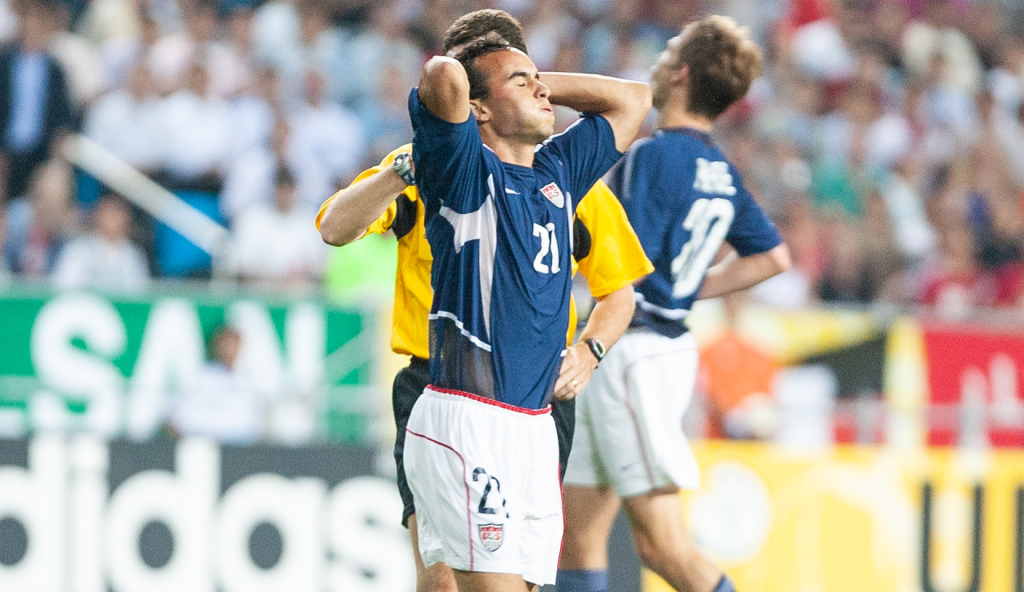Editor’s note: Throughout the history of sports, there have been countless moments that have made us wonder how things would differ if just one circumstance or decision had been changed. “What if” is a series in which we will examine how the trajectory of several athletes and teams could have looked had major moments gone in a different direction. While it’s impossible to predict how these outcomes would have played out, that doesn’t make it any less fascinating to discuss.
Previously:
What if … Drew Bledsoe never got hurt?
What if… the 49ers drafted Aaron Rodgers instead of Alex Smith in the 2005 NFL Draft
What if the USMNT was awarded the handball against Germany in the 2002 World Cup quarterfinal?
The 2002 World Cup was the first to have multiple hosts, and also the first to take place in Asia— with the tournament being held in Japan and South Korea. After being eliminated in the Round of 16 in 1994 and not making it out of the group stage in 1998, the USMNT was primed for a run in 2002. They were able to finish as runners-up in their group, most notably defeating Portugal 3-2 and drawing with group winner South Korea. In the Round of 16, they faced Mexico for the first time at a World Cup— and recorded a 2-0 victory behind goals from Brian McBride and Landon Donovan.
Next, it was on to the quarterfinal against powerhouse Germany. Michael Ballack got the Germans out to an early 1-0 lead in the 39th minute, but the Americans responded with several attacking plays to start the second half.
But in the 50th minute, everything changed.
Off a USMNT corner kick by Donovan, a German player attempted to head the ball away from goal— only to have it find a wide open Gregg Berhalter, who took a shot at goal from just a few yards out. German keeper Oliver Kahn was able to barely save the shot, but the ball would bounce off the arm of midfielder Torsten Frings who was defending the post. Immediately, U.S. players began clamoring for a handball, and when the replay was shown— it was clear as day.
However, referee Hugh Dallas didn’t call it. And with VAR not yet in existence, the call was irreversible. Had it been called, the U.S. would have been awarded a penalty kick, and Frings would have been given a red card. As mentioned, the USMNT were dominating the first 10 minutes of the half, and surely would have taken advantage of 10-men German side. Below, we dive into several outcomes that could have resulted from a U.S. victory in that match.
Does the USMNT reach the 2002 World Cup final?
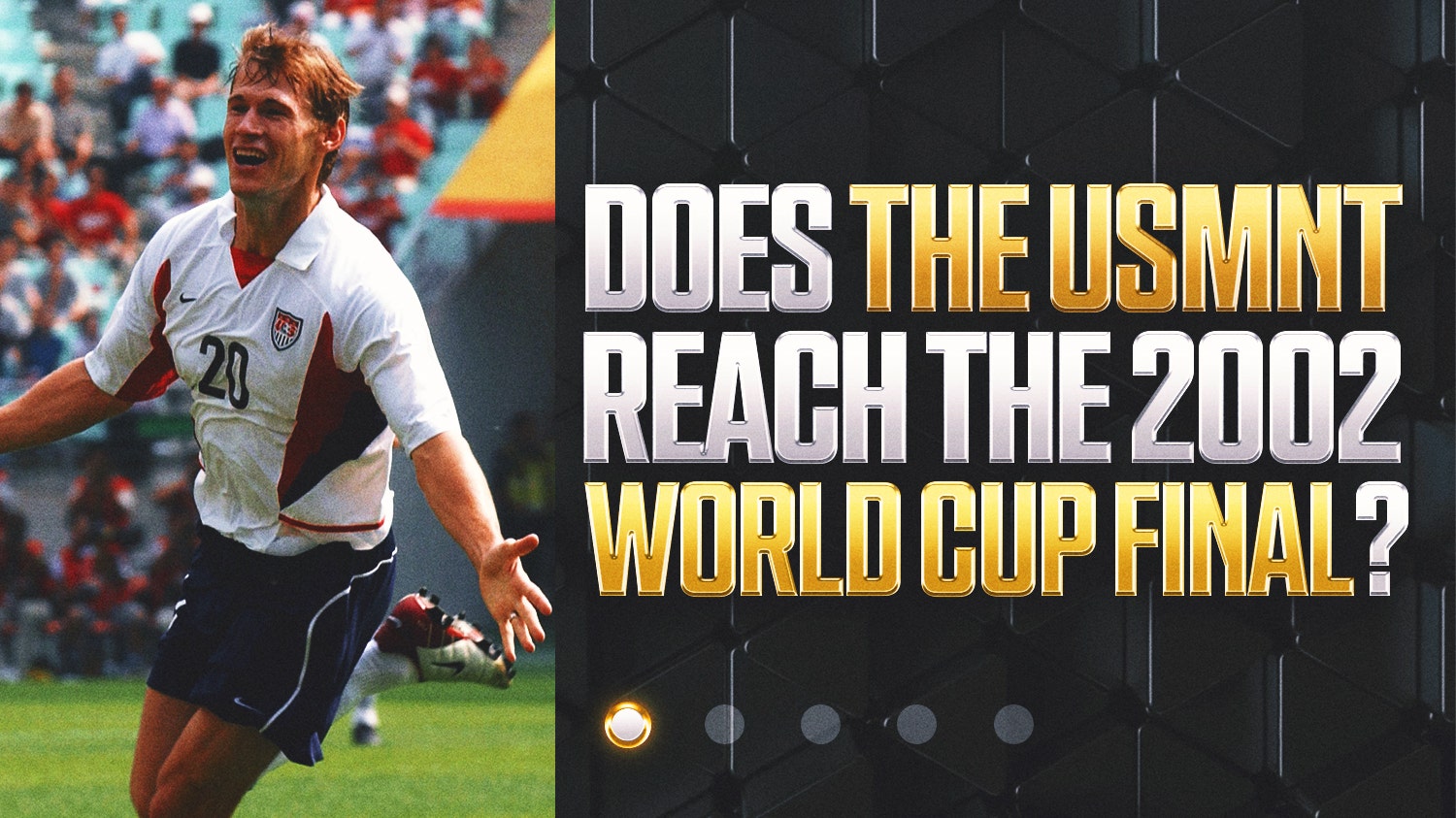
If the handball had been called, the best-case scenario would have resulted in Claudio Reyna scoring the game-tying penalty— and Germany would have had to fend off a momentum-driven American attack with just 10 men. So many of the legendary Americans could have subsequently scored the game-winning goal— with Donovan, McBride, Reyna, Cobi Jones, Eddie Pope, and several others headlining the squad. Had they advanced, they would have faced South Korea in the semifinal, whom they had drawn with in the group stage. A win against the co-hosts would pit the USMNT against Brazil, and the U.S. would have made its first men’s World Cup final ever. While the Brazilian squad was filled with superstars like Ronaldo, Ronaldinho and Rivaldo— the exposure from such a massive stage could have changed the landscape of American soccer for the next two decades— regardless of the result.
Would the men’s team see similar growth to the women’s team following their first final?
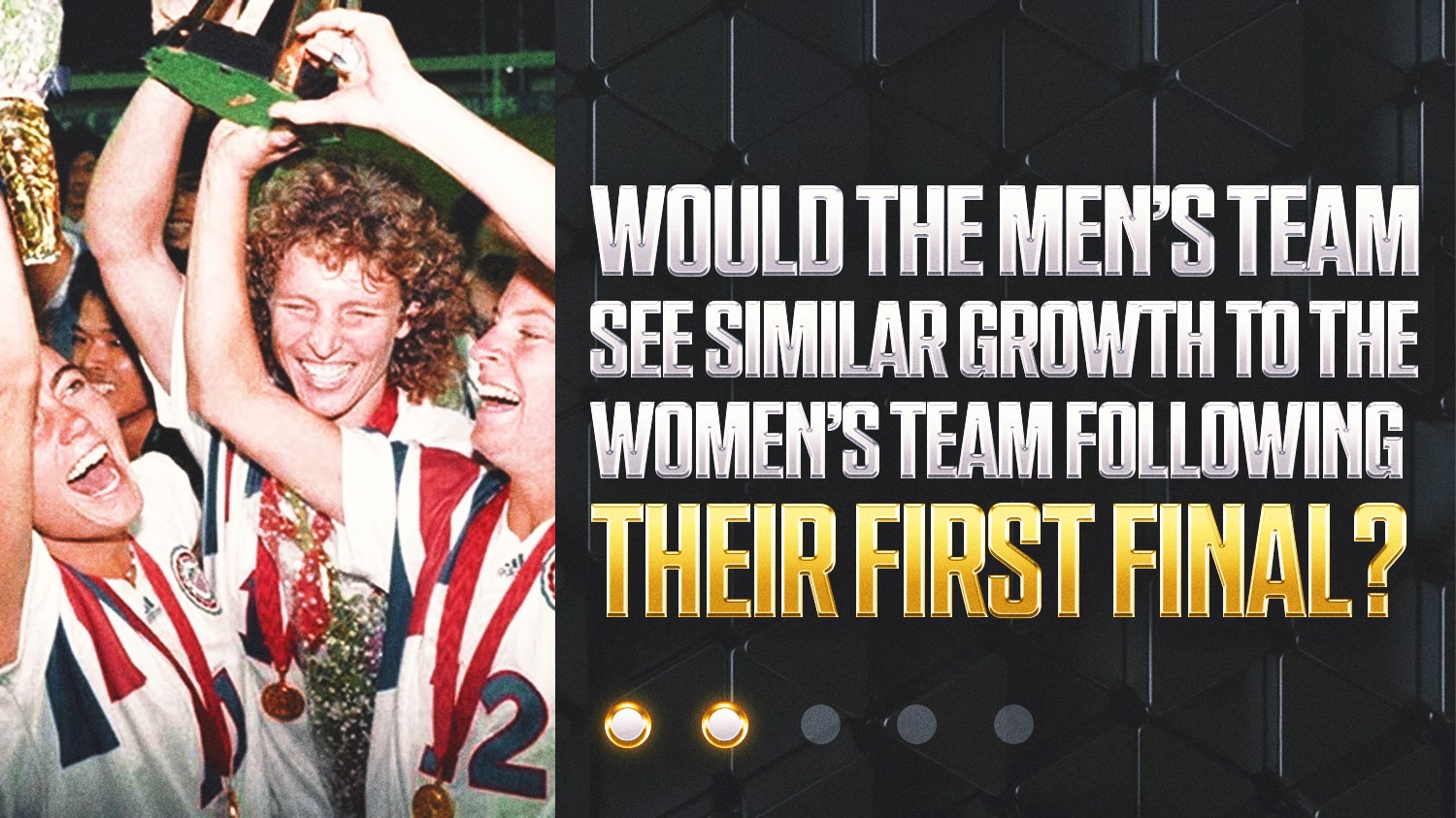
Few can forget the dominant fashion in which the USWNT won the World Cup in 1991 and 1999. This sort of success undoubtedly influenced young American girls watching the tournament, leading to the likes of Carli Lloyd, Alex Morgan, Abby Wambach— and current stars like Sophia Wilson, Trinity Rodman, and Naomi Girma. Such an emphasis on women’s soccer in the United States has led to them winning four of the nine World Cups ever held. So what would a win over Germany in 2002 have resulted in for the men?
Just imagine all the young boys who would have participated in soccer during the early 2000s instead of the usual suspects— Pop Warner football, little league baseball, and AAU (Amateur Athletic Union) basketball. For perspective, in a study done by the National Federation of State High Schools in 2022, there were 374,773 participants in girls soccer for that school year— the third-highest of all sports. On the boy’s side? Soccer participants ranked fifth, behind football, track & field, basketball, and baseball.
Would Bruce Arena have gotten a shot at coaching in Europe?
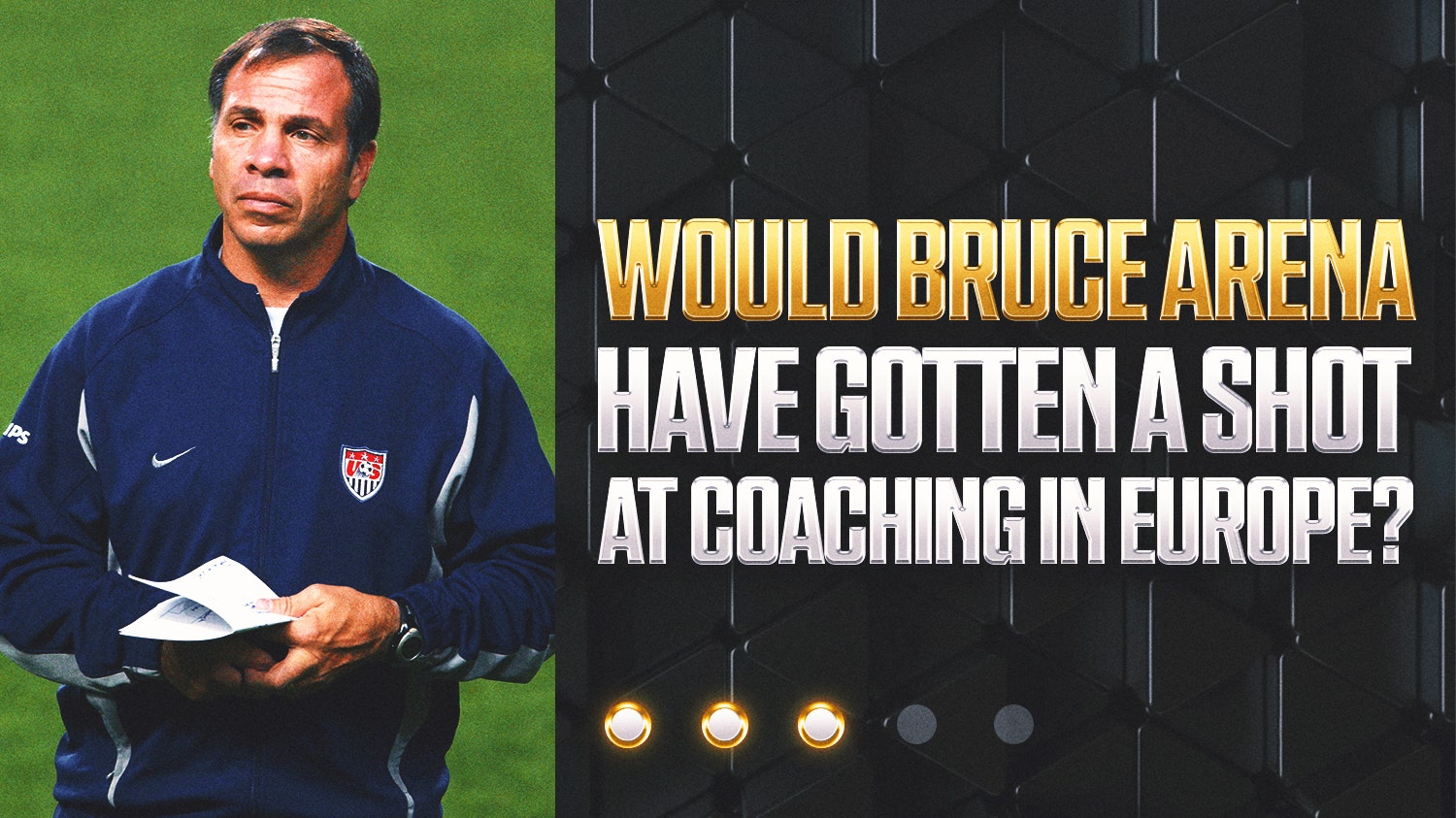
No USMNT coach has coached or won more matches in the team’s history than Bruce Arena, with 148 and 81 respectively. He was inducted into the National Soccer Hall of Fame in 2010, but what would his career have looked like if he had taken down Germany in that 2002 World Cup quarterfinal? Arena had already won two MLS titles with D.C. United in 1996 and 1997 before spearheading the 2002 national team past the Round of 16 for the first time ever. Considering that two Arena’s successors – Bob Bradley and Gregg Berhalter – were able to coach abroad, it’s not unreasonable to think he could have done so as well.
Had he taken a potential offer in Europe, that could have also changed the team’s fortunes at the 2006 World Cup. The USMNT did not make it out of the group stage in 2006, finishing last in their group and ultimately leading to Arena’s exit three weeks after the tournament. He’d go on to win three more MLS titles with the Galaxy in 2011, 2012 and 2014 and was again hired by the national team in 2016. In his second stint, the U.S. failed to qualify for the 2018 World Cup— the first time that had happened since 1986. One can’t help but wonder how all of this would have changed if the handball was called in 2002.
Do we see even more interest in MLS and American academies?

It’s incredible to think about how a win over Germany would have changed the landscape of the MLS and American youth academies. Such an upset could have sparked massive national interest in soccer, leading to unprecedented investment in the U.S. youth soccer system. With never-before-seen pressure from both public and corporate entities, we could have seen high-level sponsorship in the MLS and a complete overhaul of youth academies— which has often been faulted for its pay-to-play model.
The next five to ten years could have allowed for a network of talent aggregation modeled after the European youth system, emphasizing technical development and scouting in underserved communities. In turn, it’s possible that an entire generation of world-class players would have emerged— with players like Christian Pulisic appearing in much greater numbers. Just imagine what the 2014, 2018, and 2022 World Cup results would have looked like for the U.S. had this occurred after 2002. It’s totally in the realm of possibilities that the USMNT would be a consistent soccer powerhouse had this foundation been set.
How big does men’s soccer become in the U.S.?
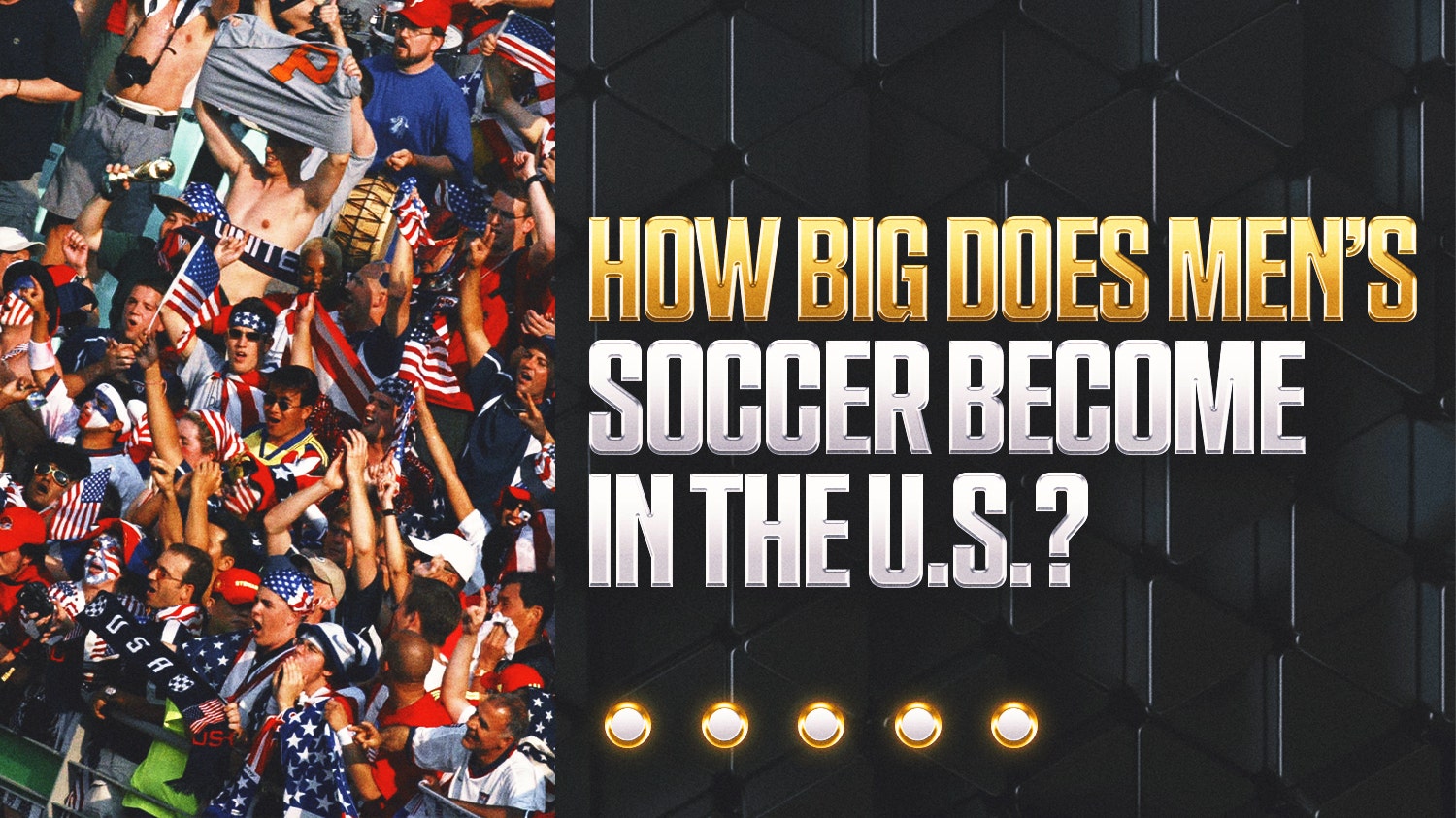
Possibly the biggest question of all that arises from this hypothetical exercise, is just how much bigger soccer would be in this country had the U.S. taken down Germany with the correct call. It’s hard to imagine that Landon Donovan wouldn’t have become even more of an icon than he already is, and that he would have inspired several people to become fans of the sport. While it’s hard to say that this single result would have propelled soccer as the top sport among Americans, there’s little doubt that the millions of potential viewers a final or semifinal match would have generated would have changed the trajectory of the sport. For perspective, 26.7 million people watched the USWNT take down Japan in the 2015 World Cup final. The 2022 men’s final between France and Argentina had over 25 million viewers. Just imagine a world in which the four-and five-star high school basketball and football recruits that colleges fight over grew up playing soccer instead. We’ll never know.
Want great stories delivered right to your inbox? Create or log in to your FOX Sports account and follow leagues, teams and players to receive a personalized newsletter daily!

Get more from United States Follow your favorites to get information about games, news and more


